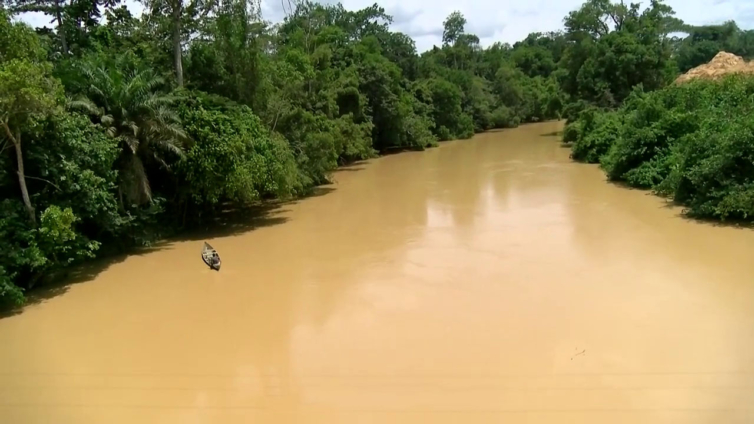
Ghana's Illegal Gold Mining and Its Toxic Chemicals: A Growing Crisis
"Galamsey Chemicals" The use of galamsey chemicals like mercury, cyanide, and lead in illegal gold mining in Ghana poses serious environmental and health risks. These toxic substances have polluted 65% of water bodies, destroyed forests, and caused widespread health issues, including respiratory....
Highlights:
- Rising Gold Prices Fuel Illegal Mining
- Economic Impact and Poisoned Profits
- The Environmental Toll of Galamsey Chemicals
- Health Risks from Galamsey Chemicals
- The Future of Galamsey
Ghana's Illegal Gold Mining and Its Toxic Galamsey Chemicals: A Growing
Crisis
Ghana has witnessed a surge in illegal gold mining activities, locally
referred to as "galamsey," driven by rising gold prices. While this
underground industry provides income for thousands, it also introduces
significant health risks due to the hazardous galamsey chemicals
involved. These illegal mines operate with no protective equipment, posing
dangers to the miners and devastating the environment.
Rising Gold Prices Fuel Illegal Mining
The escalation in global gold prices has attracted a growing number of
individuals to these unlicensed mines. Many workers, such as a young accounting
student in the Prestea-Huni Valley district, are drawn to galamsey as a means
of financial survival. Unfortunately, they often lack proper protective gear,
making them vulnerable to the harmful effects of galamsey chemicals such
as mercury and cyanide.
Economic Impact and Poisoned Profits
Although small-scale mining produces a significant portion of Ghana’s
gold output, much of this activity is unregulated, with 70-80% of small-scale
mines operating without licenses. The gold extracted through galamsey is often
smuggled out of the country, depriving the government of much-needed export
revenue. Despite gold’s economic potential, the health and environmental costs
associated with galamsey chemicals are substantial.
The Environmental Toll of Galamsey
Chemicals
The chemicals used in galamsey operations, particularly mercury, have
polluted approximately 65% of Ghana's water bodies. This contamination not only
destroys aquatic ecosystems but also renders the water unsafe for human
consumption. Moreover, vast swaths of cocoa plantations and forests have been
destroyed, further threatening Ghana's biodiversity.
Health Risks from Galamsey Chemicals
Miners and local communities are exposed to harmful substances like
mercury, cyanide, and lead. Inhaling fumes from these galamsey chemicals
and exposure to heavy metals such as lead can lead to severe respiratory
diseases, neurological damage, and even death. These dangers have sparked
public protests in Ghana, with citizens demanding more robust government action
to stop galamsey and protect their health and environment.
Government and Organised Crime
Involvement
Despite the government’s efforts to combat illegal mining, including
military crackdowns and equipment seizures, galamsey continues to thrive.
Powerful individuals, organized crime syndicates, and corrupt officials are
believed to benefit from this industry, making it difficult to eradicate. Organized
crime groups fund miners and control the gold supply chain, further entrenching
the problem.
The Future of Galamsey
Addressing the galamsey crisis requires stronger enforcement, investment
in sustainable mining practices, and tackling corruption. Successive
governments have pledged to regulate illegal mining, but the problem persists
due to the deep-rooted involvement of influential figures and organized crime.
Summary:
The use of galamsey chemicals like mercury, cyanide, and lead in
illegal gold mining in Ghana poses serious environmental and health risks.
These toxic substances have polluted 65% of water bodies, destroyed forests,
and caused widespread health issues, including respiratory and neurological
diseases. Despite efforts to regulate the industry, galamsey continues to
thrive, driven by rising gold prices and fueled by corruption and organized
crime involvement. Addressing the dangers of galamsey chemicals requires
urgent government action and sustainable mining practices to protect both
people and nature.

